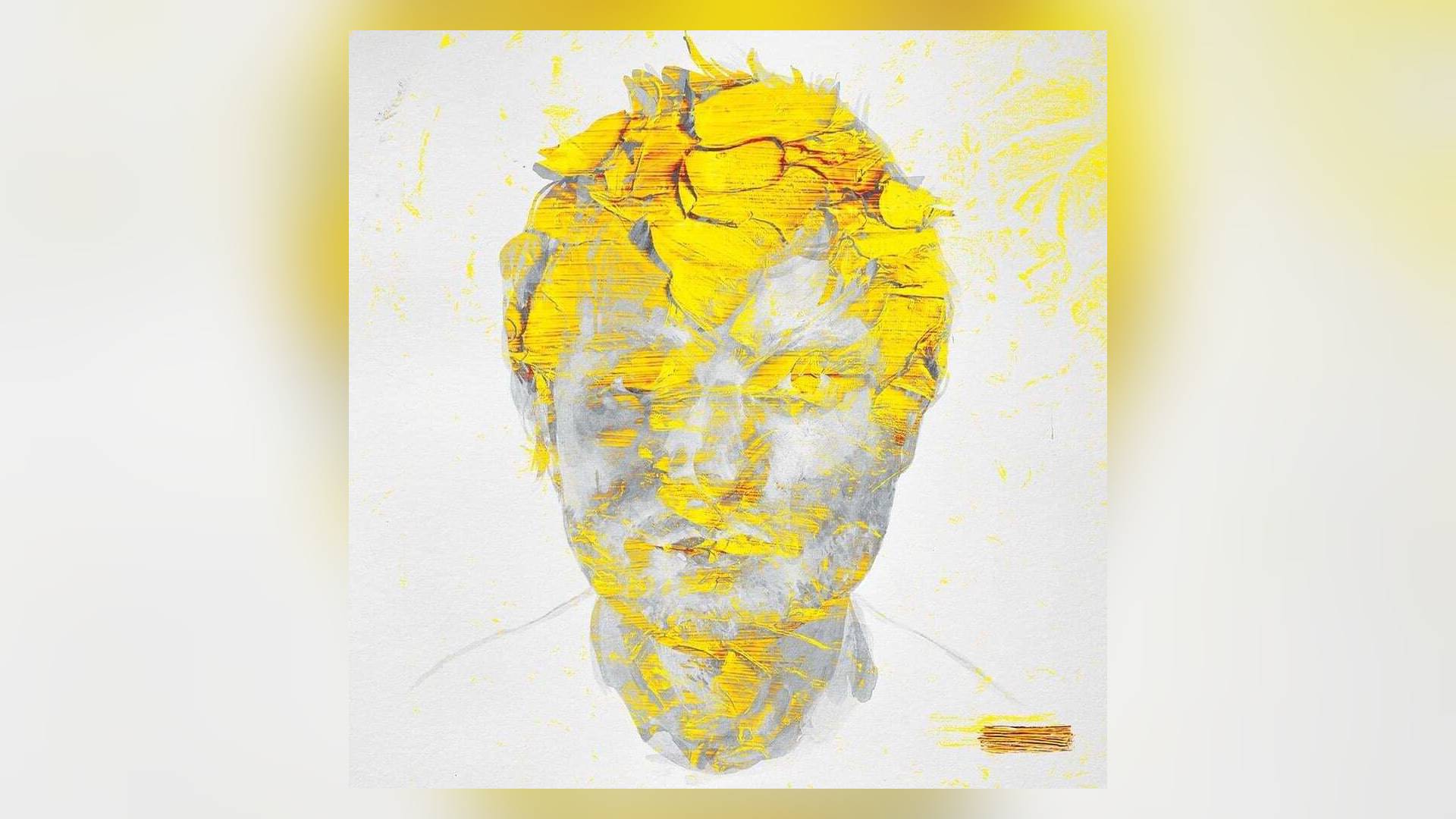Ed Sheeran knows how to play around with genres while keeping his music safely in pop. His sixth album, Subtract, was released on Friday, shortly after he won a copyright infringement lawsuit that was first filed six years ago.
The lawsuit revolved around one of Sheeran’s most famous songs, “Thinking Out Loud” and a Marvin Gaye classic, “Let’s Get It On.” The jury found that Sheeran did not engage in willful copyright infringement, a surprising success for Sheeran that came the day before his saddest album yet was released.
Subtract is all about feelings of grief, desperation, loss and moving on. These feelings in part revolved around the copyright infringement case, Sheeran losing his close friend Jamal Edwards in early 2022 and his wife getting diagnosed with a tumor while pregnant with the couple’s second child.
[Met Gala 2023: Karl Lagerfeld theme brings controversy and fierce looks]
Sheeran addresses these feelings in what feels like the most vulnerable of any of his albums thus far, allowing the audience to experience his melancholy from start to finish. It is rare to find an album that addresses the same core feelings in every song but still paints a completely different picture in each one.
He starts this journey with “Boat,” a song that begins with just him and his guitar, slowly building into a sea of strings. It immediately reminds me of some of his older work, which I enjoyed more than his recent dance-pop-heavy albums. It almost has a folk vibe to it, as does the whole album, thanks to Sheeran’s collaboration with producer and co-writer Aaron Dessner, who helped Taylor Swift with her album Folklore. Dessner’s presence throughout the album helps maintain the continuity in the project.
While most of the songs have a slower, acoustic feel, Sheeran makes sure to include some classic elements of his music in this new project. “Colourblind” makes for a perfect wedding song and “Curtains” has a more upbeat, dance feel to it.
[‘Peter Pan & Wendy’ tackles mature topics without the original’s magic]
My favorite song on the album is “End of Youth,” a song about feeling like your youth is over when you experience grief for the first time. Sheeran jumps between his faster, rap-influenced lyrics and a slower, smoother chorus. He sings intensely, “Is this the endin’ of our youth when pain starts takin’ over? / I just don’t know if I can ever just let it go / Everything’s fallin’ apart, when love is real, there’s never closure / I guess it’s all part of life, but I can’t help but feel low,” evoking an incredibly heavy feeling.
While most of the music on the album was written very close to the release, a strange break of tradition for Sheeran, he ends with a song he wrote more than 10 years ago. He chose to end with this song – despite opting for newer songs in the rest of the project – because he always planned for it to be the last track. “The Hills of Aberfeldy” feels older than the rest of the music. It has a Celtic feel, matching what I can only imagine walking through the Scottish town of Aberfeldy might be like. It is a content and peaceful way to end the album, the final brushstroke to the painting that is Subtract.



